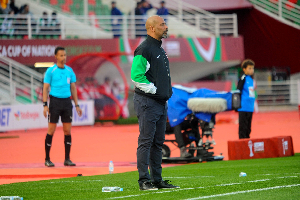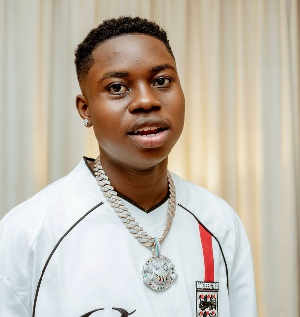Debt servicing has remained a significant threat to Nigeria's economy. The Central Bank of Nigeria (CBN) said Nigeria spent $2.56 billion on foreign debt service in the first nine months of 2023.
The figure represents an 18% annual increase from the $2.17 billion in nine months of 2022.
According to the data released by CBN, from 2011 to 2022, the amount paid to the World Bank., International Monetary Fund (IMF) and the Exim Bank of China, among others, for debt repayments have continued to surge as the naira weakens against the dollar.
Reports say that the debt service was made only on behalf of the Nigerian government and excludes states' government debt service in the period under review.
An analysis of the debt showed that the highest and least amount paid on debt services stood at $92.85 million and $641.7 million between June and July 2023, respectively.
Per the Debt Management Office (DMO), Nigeria's total external debt stood at N33.2 trillion or $43.16 billion as of June 2023.
ThisDay reports that in nine months of 2021, debt service stood at $2.13 billion and $5.48 billion in 2020.
The CBN report shows that between 2011 and 2017, the bank withdrew about $328 million for debt services and payments and reached the $1.4 billion mark in 2018.
In 2009, the apex bank withdrew $1.34 billion as debt service and payment declined by 63% to $2.13 billion from $5.77 billion reported in 2020.
The $5.77 billion is the highest debt services and payments recorded by the CBN, while $242.8 million was the lowest in 2023.
A breakdown of international payments reveals that in the first quarter of 2021, Nigeria spent $1.3 billion on debt service.
The amount fell to N298.9 million in the next quarter, ending Jube 2021. Analysis of international payment data showed that in the first three months of 2021, $1.3 billion was spent on servicing debts.
The amount dropped to $298.9 million in the next three months ending June 2021. CBN said $606 million was spent on debt servicing between July and October.
A monthly breakdown reveals that CBN spent about $617.5 million to service debts, a drop of 65.45% to $213.3 million in February and declined again to $172.5 million in March.
In April, CBN said that the Nigerian government spent $82.3 million on debt servicing, increasing it to $167.5 million in May, the second-highest amount spent on debt service by CBN in one month. In June, the amount declined to $49.4 million.
In July, the amount rose to $120.8 million. For August, September, and October, the amount was $230.6 million, $169.2 million, and $85.2 million, respectively.
Between November and December of 2021, CBN stated that $148.57 and $69.83 million were spent on debt servicing and payment.
CBN revealed in its economic report for October 2021 that debt service amounted to N1.022.99 billion, compared with N440.63 billion in the second quarter of 2021.
CBN said the rise in the payment of FGN bonds and principal repayment of promissory notes caused the increase.
The bank also stated that the fall of the naira exchange rate also contributed to the rising debt service.
Last year, Nigeria spent about $2.4 billion to service its external debt, a slight increase from the $2.11 billion spent in 2021.
CBN data revealed that under former President Muhammadu Buhari, Nigeria spent $15.1 billion on debt service between May 2015 and April 2023. The International Monetary Fund (IMF) recently said the federal government projected to spend 82% of its revenue on interest payments in 2023.
The country's debt service-to-revenue ratio was 80.6% in 2022, above the World Bank's proposed 22.5% for low-income countries such as Nigeria.
The Africa Development Bank said debt servicing consumes more than 50% of Nigeria's revenue. President Bola Tinubu's government had said it would minimize borrowing and focus on growing domestic revenue.
The statement comes amid reports that the Nigerian government is shopping a $1.5 billion IMF loan to purchase SUVs, reportedly for members of the House of Representatives.
Business News of Monday, 23 October 2023
Source: www.legit.ng













